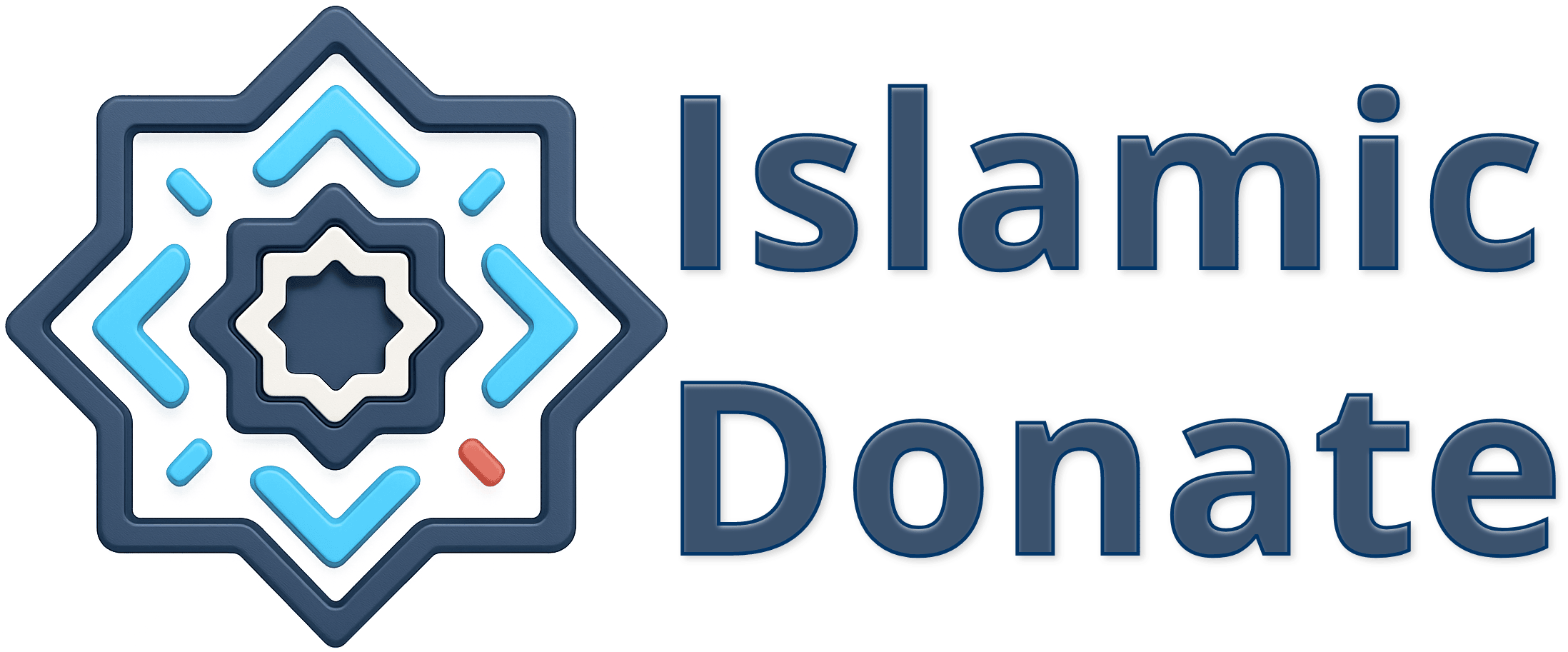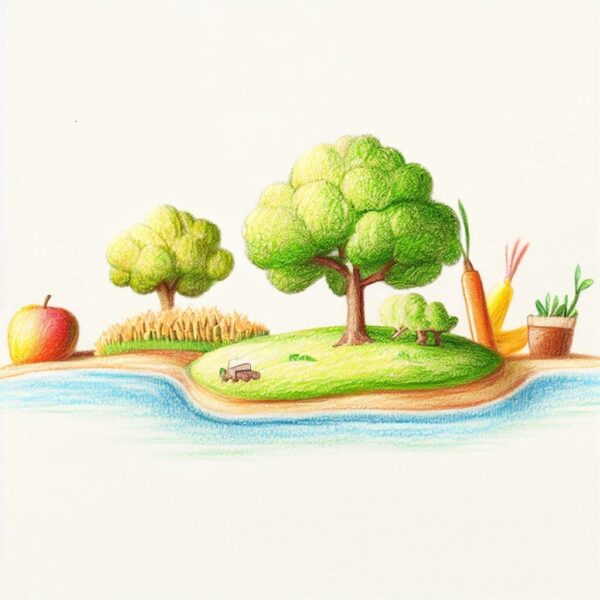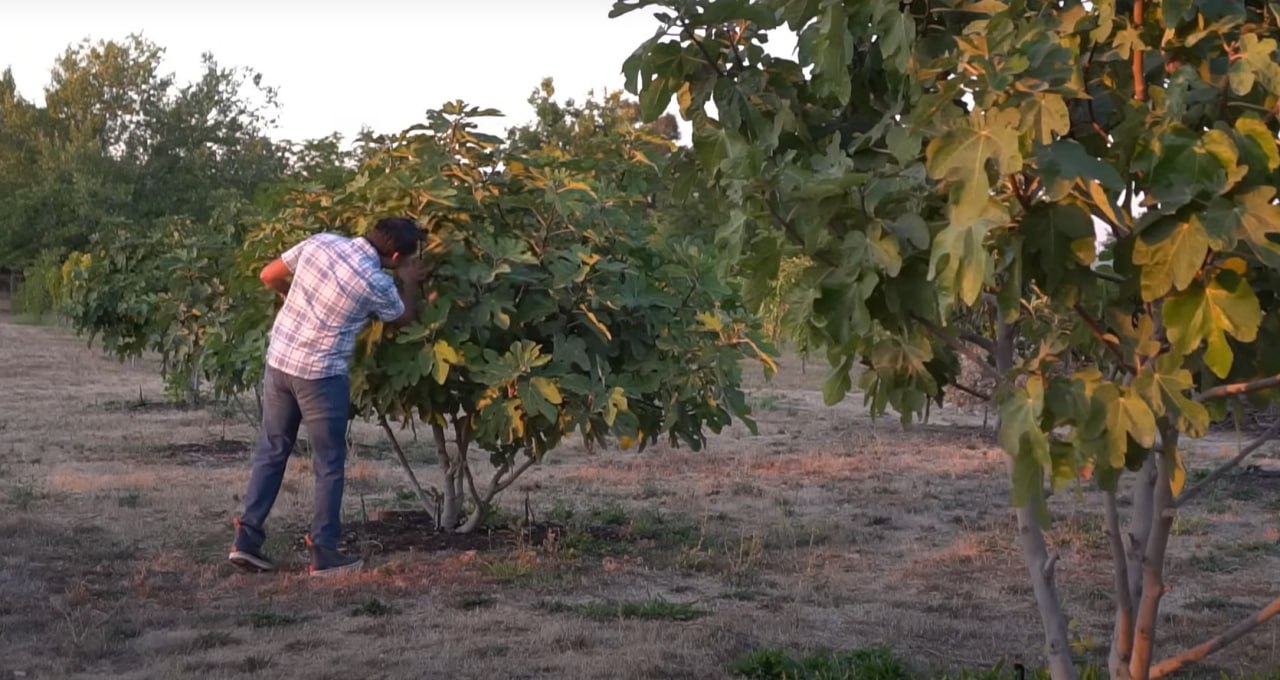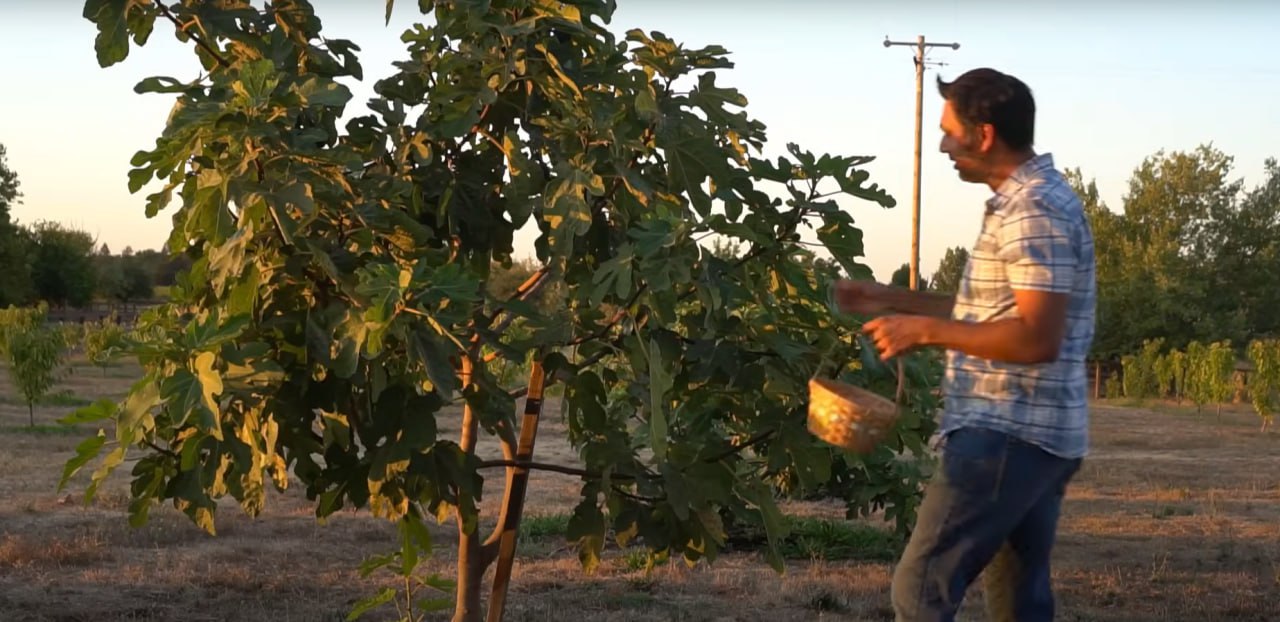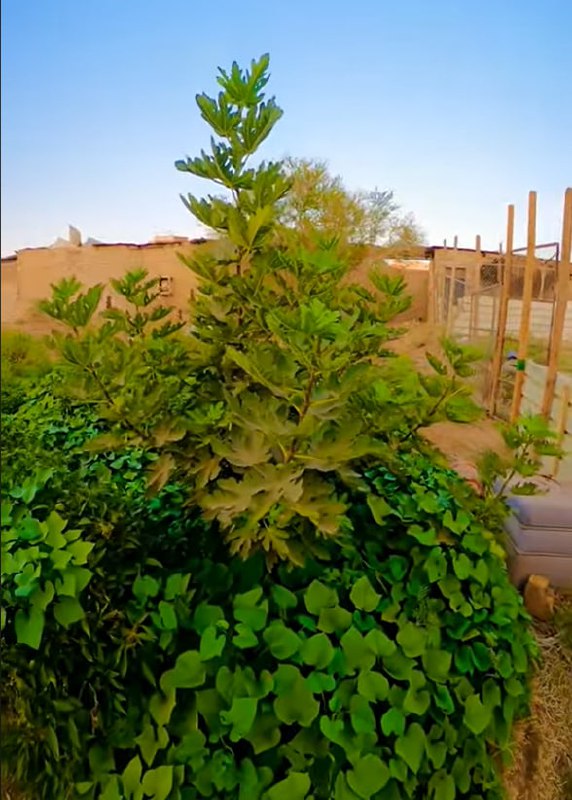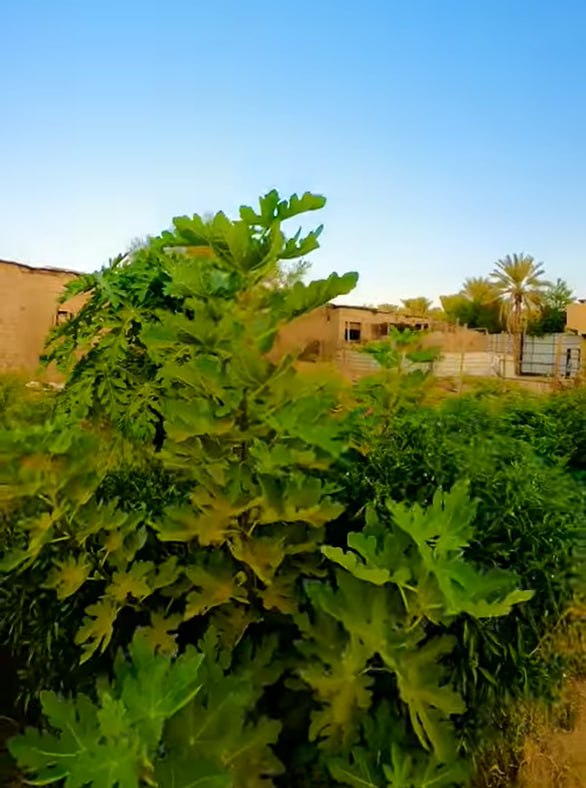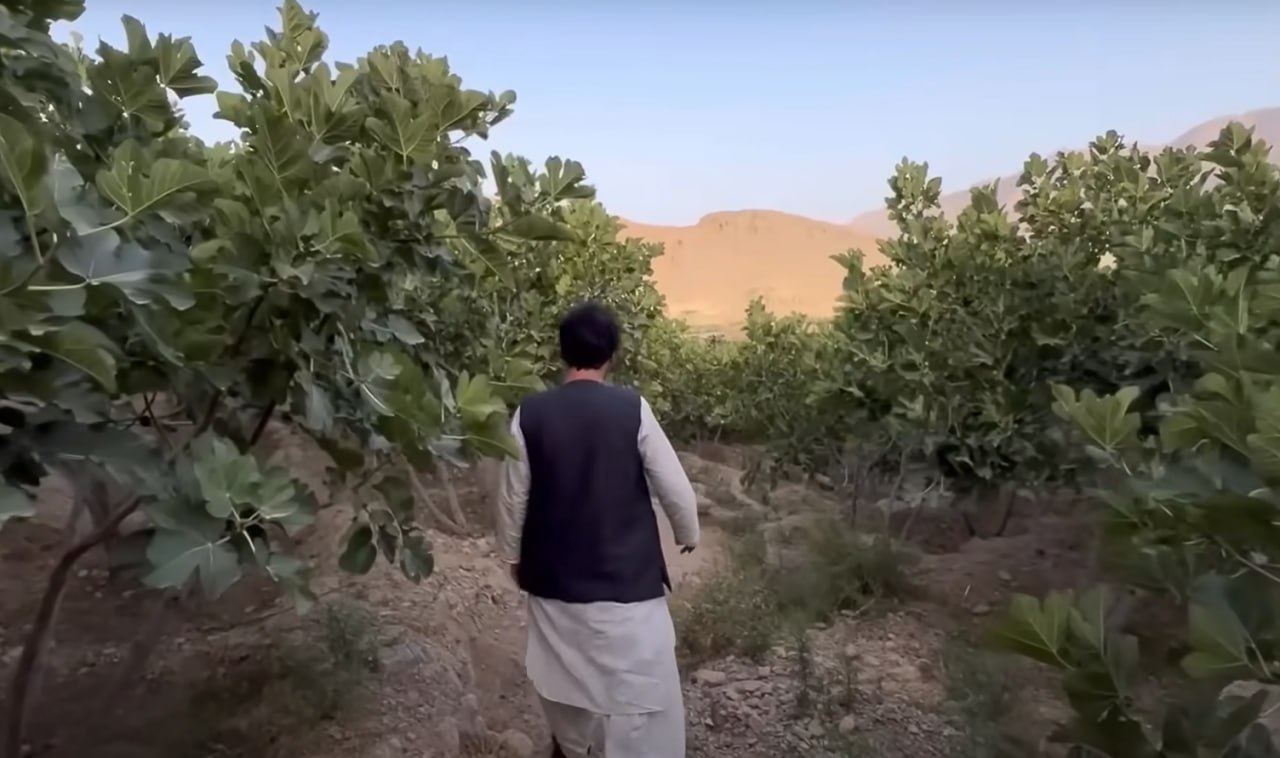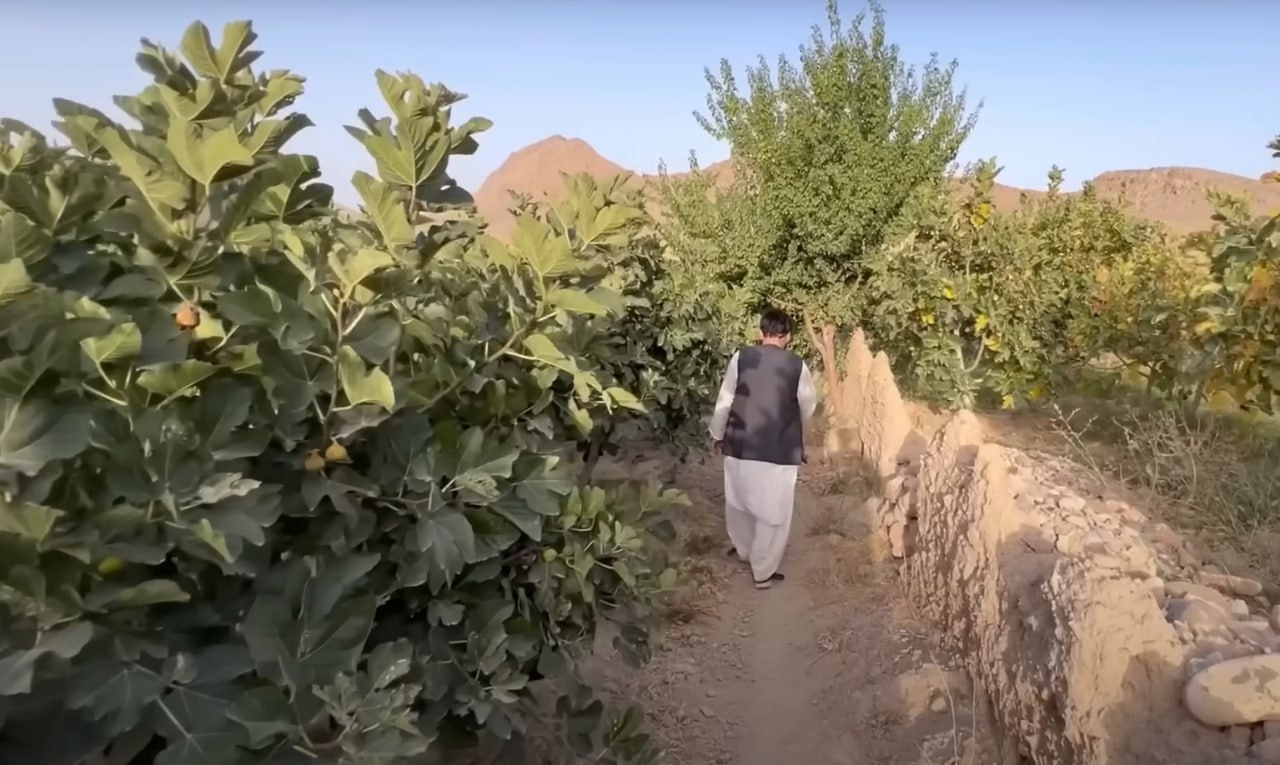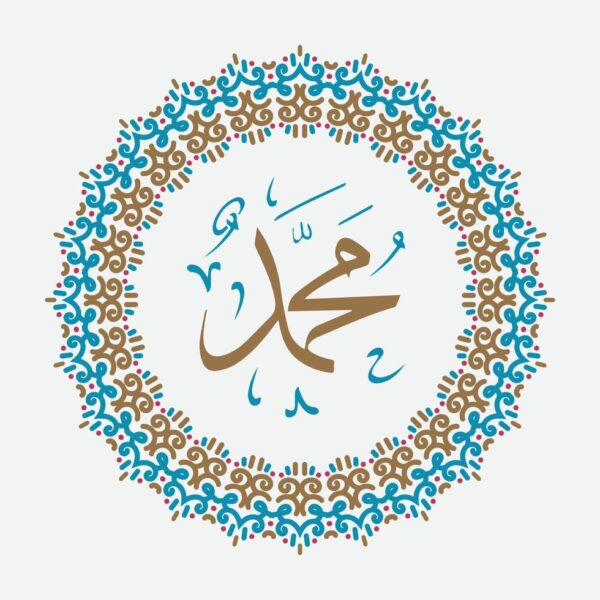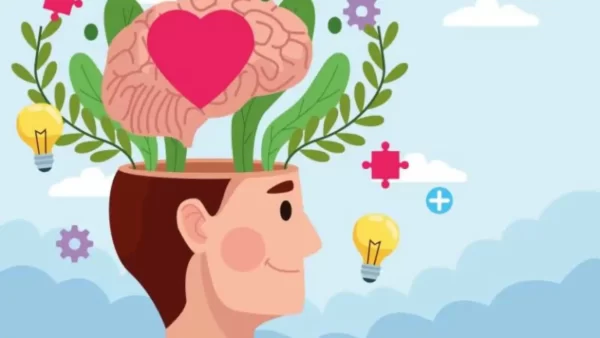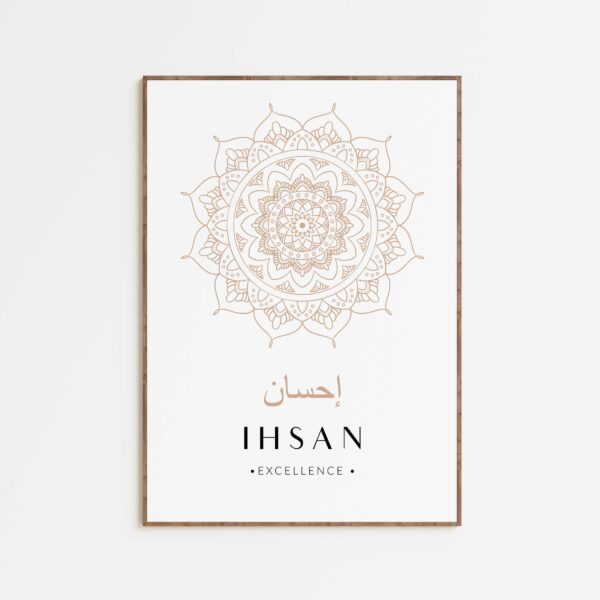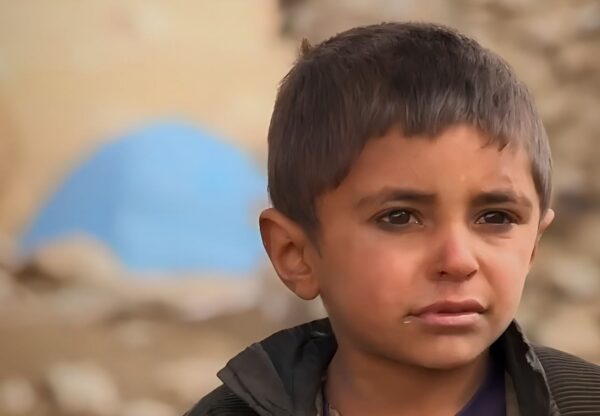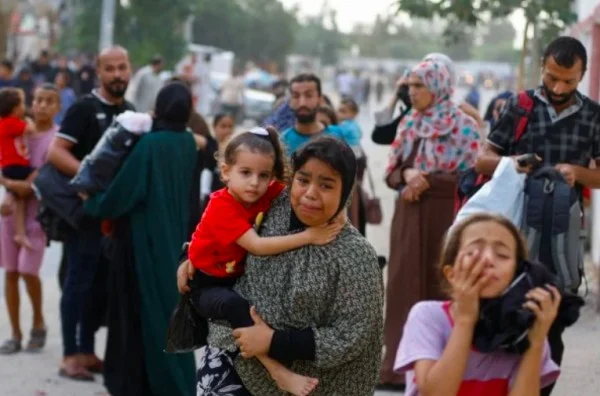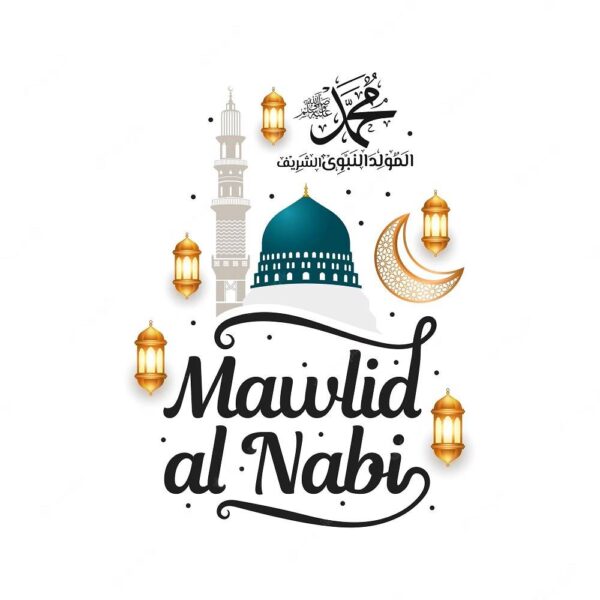How We Planted 100 Trees for 4 Families in 2023: A Report on Our Successful Sadaqah Jariyah Project
Sadaqah Jariyah is a form of ongoing charity that benefits the giver and the receiver in this life and the hereafter. One of the best ways to perform Sadaqah Jariyah is to plant trees that provide food, shade, and oxygen for people and animals. In 2023, we implemented and delivered four tree planting projects in different countries, using crypto as a means of payment and donation. In this article, we will share with you the details and outcomes of our successful Sadaqah Jariyah project.
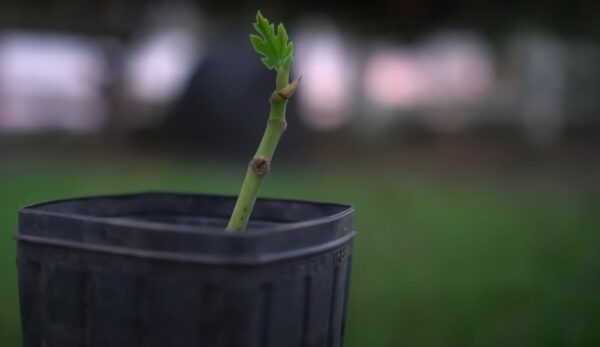
What are the Benefits of Tree Planting?
Tree planting is a simple yet powerful act that can have many positive impacts on the environment and society. Here are some of the benefits of tree planting:
- Tree planting can help combat climate change by absorbing carbon dioxide and releasing oxygen into the atmosphere. Trees also reduce the greenhouse effect by cooling the air and the land.
- Tree planting can help prevent soil erosion and desertification by holding the soil together and retaining moisture. Trees also improve soil fertility by adding organic matter and nutrients.
- Tree planting can help conserve biodiversity and wildlife by providing habitats and food sources for various species of plants and animals. Trees also support pollination and seed dispersal by attracting insects and birds.
- Tree planting can help improve human health and well-being by providing fresh air, clean water, and natural medicine. Trees also reduce noise and air pollution by filtering dust and harmful gases.
- Tree planting can help enhance economic and social development by providing income, employment, and education opportunities for people. Trees also provide food, fuel, timber, and other products that can improve the quality of life.
How Did We Use Crypto for Tree Planting?
Crypto is short for cryptocurrency, which is a digital form of money that can be created, stored, and transferred using cryptography and blockchain technology. Crypto has many advantages over fiat money or bank transfers, such as speed, low cost, transparency, security, privacy, and empowerment. We used crypto for our tree planting projects for the following reasons:
- We used crypto to pay for the tree saplings, materials, tools, labor, and transportation costs. We bought the tree saplings from local nurseries or farmers using crypto wallets or exchanges. We also paid the local workers who helped us with the planting using crypto.
What Were the Outcomes of Our Tree Planting Projects?
We planted more than 100 tree saplings in different countries: Pakistan, Syria, and Sudan. We chose these countries based on their needs, challenges, opportunities, and potentials. Here are some of the outcomes of our tree planting projects:
- We helped four families (19 people) become economically capable by providing them with a source of income from selling or consuming the fruits of their trees. We also helped them save money on buying food or fuel from outside sources.
- We helped improve the environment by reducing carbon emissions, preventing soil erosion, conserving water resources, enhancing biodiversity, and beautifying the landscape. We also helped mitigate the effects of natural disasters such as droughts or floods.
- We helped spread happiness and joy by giving hope and confidence to the people who received our trees. We also shared our love and gratitude with them by giving them hugs and smiles. We also prayed for them and asked Allah (SWT) to bless them.
We would like to share some stories from the people who benefited from our tree planting projects without quoting them directly from the sources. Here are some of their experiences:
Ahmad is a 45-year-old farmer from Syria who lost his land due to civil war. He was struggling to make ends meet because he had no income or crops. But when we came to his land with 25 olive saplings, he felt hopeful and optimistic. He learned how to take care of his trees from us and received some money from us to buy fertilizer and water. He is looking forward to harvesting his olives and selling them in the market.
Plant a tree as a Sadaqah Jariyah
An act of love that brings blessings forever.
These are just some of the examples of how our Islamic charity institution is making a difference in the lives of people and their communities through tree planting projects using crypto. We thank you for your generous support and donations that made this possible. May Allah (SWT) reward you for your kindness and generosity.

